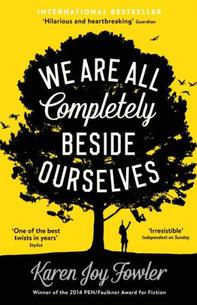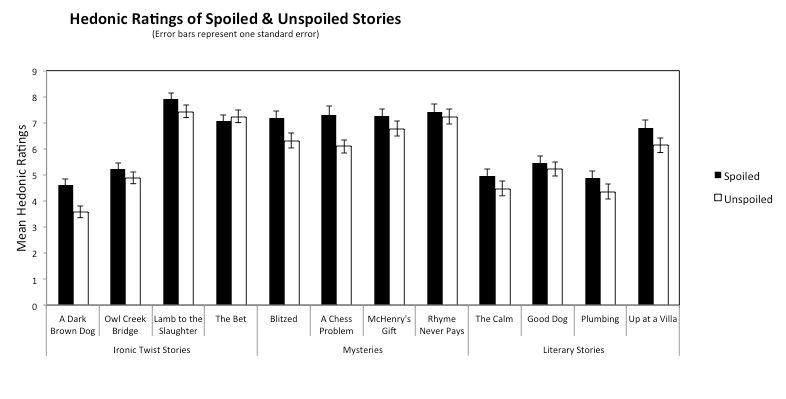
This is a page-turning novel that is both moving and amusing. Rosemary’s voice is fresh and lively, addressing the reader directly as “you” without any self-conscious stolen-head artifice. It’s a wonderful exploration of developmental psychology, research ethics, memory, coming-of-age and what it means to be human. But mostly it’s about family and particularly the strong emotional bond between siblings, an intense mélange of love, jealousy and rivalry with potentially devastating consequences.
I’ve been curious about the marketing decisions around this novel because my own forthcoming debut, Sugar and Snails, also contains an intriguing twist. Long before I had a publisher, I fluctuated between a sense that “letting the cat out of the bag” (note – there is a cat but that’s not the twist) might tempt more people to buy it versus wanting the reader to have the pleasure of discovering this “secret” for themselves. When I asked Claire King about this issue in relation to the publication of her debut, The Night Rainbow, she said that there’d been a deliberate decision to concentrate on the unreliable narration rather than any potential “twist”.
On page 77 of We Are All Completely Beside Ourselves, Rosemary not only tells the reader what she has held back but why:
Some of you will have figured that out already. Others may feel it was irritatingly coy of me to have withheld …
I spent the first eighteen years of my life defined by this one fact … I had to move halfway across the country in order to leave that fact behind. It’s never going to be the first thing I share with someone.
But much, much more important, I wanted you to see how it really was.
I could make a similar case for Diana in Sugar and Snails. She’s not going to tell the reader straightaway about something she hates to think about, something she hasn’t shared with her best friend of almost thirty years.
In this prepublication interview for The Bookseller, Karen Joy Fowler acknowledges the difficulty of promoting a book of this nature. Yet, in the Booker-prize shortlist publicity, such as this piece in The Guardian newspaper, although still not revealing the spoiler, she’s been much less cagey regarding what the novel’s about. Was she coming perilously close to spoiling her own novel?
A small study of the impact of spoilers on enjoyment of short stories, suggests there’s nothing to worry about. Not only did the spoilers fail to spoil the reader’s pleasure, readers actually preferred the spoiled version:
Thanks to Serpent’s Tail for my review copy of We Are All Completely Beside Ourselves. If you haven’t already read this novel, I strongly recommend that you do. Do let me know what you think about spoilers and if you have any recommendations of other fiction addressing relationships between siblings. If that’s your thing, you might also be interested in my short stories The Ruler in My Head and How’s Your Sister? and in Tracey Scott Townsend’s debut novel The Last Time We Saw Marion






















 RSS Feed
RSS Feed





















